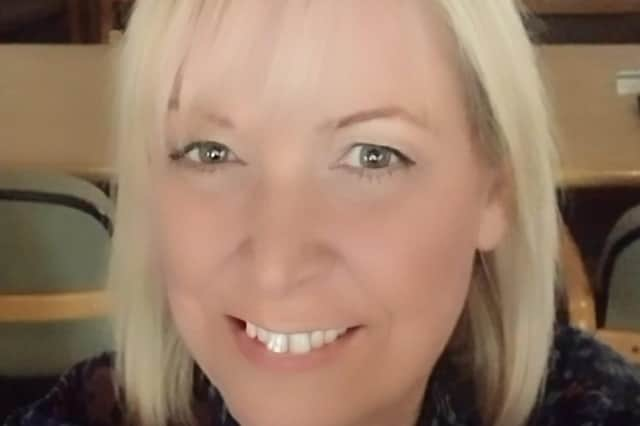Lincolnshireshire councillors call out devolution consultation


The eight-week public consultation phase for the deal began on December 4, following approval from all three upper-tier councils involved: Lincolnshire County Council, North and North East Lincolnshire councils.
However, a number of district councillors have expressed dissatisfaction with the process, arguing that it overly emphasises the positive aspects, while neglecting the potential downsides of the deal.
Advertisement
Hide AdAdvertisement
Hide AdIf approved, the deal is estimated to bring up to £50 million extra per year to the region. Key features include a £24 million yearly Mayoral Investment Fund for 30 years, an elected Mayor from 2025, a one-time £28.4 million capital investment, and the transfer of control over the adult education budget starting in 2026.
Nevertheless, there are concerns regarding the structure of the current online survey for the deal. Critics point out that the consultation does not directly ask residents if they want an additional layer of government or a mayor. The survey also fails to address the potential for increased taxes, a matter that has yet to be fully determined.
Lincolnshire County Council rejected in December a motion to carry out a public referendum on the deal, which would cost £1.3million. The eight-week consultation was the alternative county councillors chose instead.
North Kesteven District Councillor Amelia Bailey (Unaligned independent) shared her thoughts on the consultation process for the Greater Lincolnshire devolution deal. She believes it “lacked transparency and clarity.”
Advertisement
Hide AdAdvertisement
Hide Ad“Everyone is promoting the positives and not recognising that there is a whole wealth of information that needs to be shared with the general public,” said the representative for Ashby de la Launde, Digby and Scopwick ward.
“There needs to be much more clarity and balance, so we can tell people what this really means, what we’re going to be losing and what we’re going to be gaining.”
Councillor Bailey also shared her cautious stance on the deal, noting her preference to “tread cautiously” rather than accepting the overwhelmingly positive narrative presented by local Conservative groups.
She continued: “There are so many unanswered questions. Is there more money to be had? How is it going to affect our services? Will our residents be truly better off?”
Advertisement
Hide AdAdvertisement
Hide AdEast Lindsey District Councillor Jill Mackinson-Sanders (East Lindsey Independent Group) also voiced scepticism regarding the Greater Lincolnshire devolution deal, particularly criticising the wording of the questions on the consultation form.
“They know what answers they want to get, so they’ve worded it as such,” said the representative for Louth St Mary’s ward.
Coun Mackinson-Sanders also labelled the decision to conduct the consultation over the festive season as “cynical.” She highlighted the likelihood that many residents would be preoccupied during this time, potentially leading to lower engagement and response rates.
As the cost of living crisis continues to impact families across the county, she expressed strong opposition to the proposed expenditures in the deal, adding: “I think wasting £2 million on a mayoral office is outrageous when we have people who can’t afford to put their heating on.”
Advertisement
Hide AdAdvertisement
Hide AdSouth Kesteven District and County Councillor Phil Dilks (Independent) echoed similar thoughts. He expressed a desire for more involvement from councillors in the creation of the consultation questions.
“I would have welcomed an opportunity for councillors to be involved in writing these questions. They are not the questions I would have asked,” he stated.
Coun Dilks said he preferred directly querying residents about their interest in an additional layer of government, a crucial aspect he believes is currently overlooked in the survey.
The representative for Deeping St James ward extended his critique to the scope of the Greater Lincolnshire devolution deal. He expressed concerns that the deal encompasses too broad an area, leading to potential disadvantages for his constituents.
Advertisement
Hide AdAdvertisement
Hide AdHe pointed out that investment in distant locations like Immingham or Brigg might not yield benefits for residents in his ward. Addressing the financial aspect of the deal, Councillor Dilks remarked: “When you share that money out, it’s not a lot. I don’t see very much of it coming to the Deep South. I see the money going primarily to the south bank of the Humber and the deprived coastal towns along the east coast.”
Lincolnshire County Council was approached for a comment, but did not respond by the time of publication.